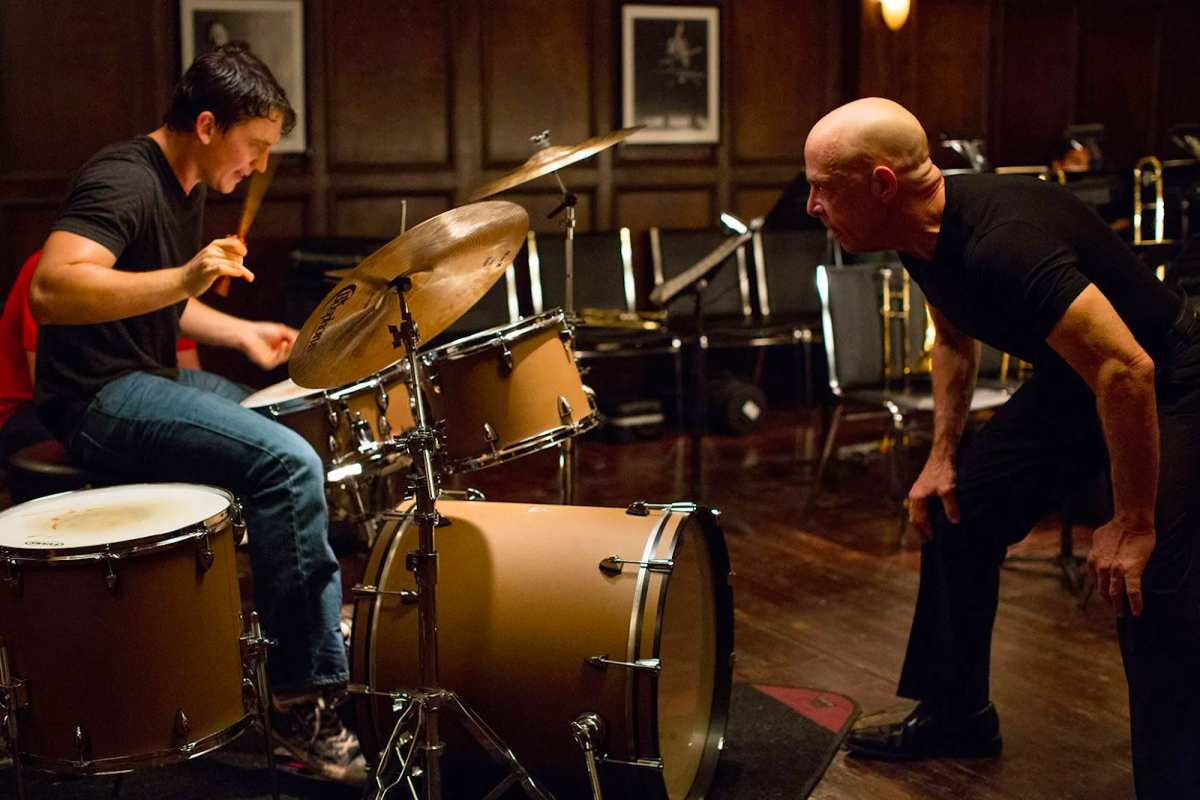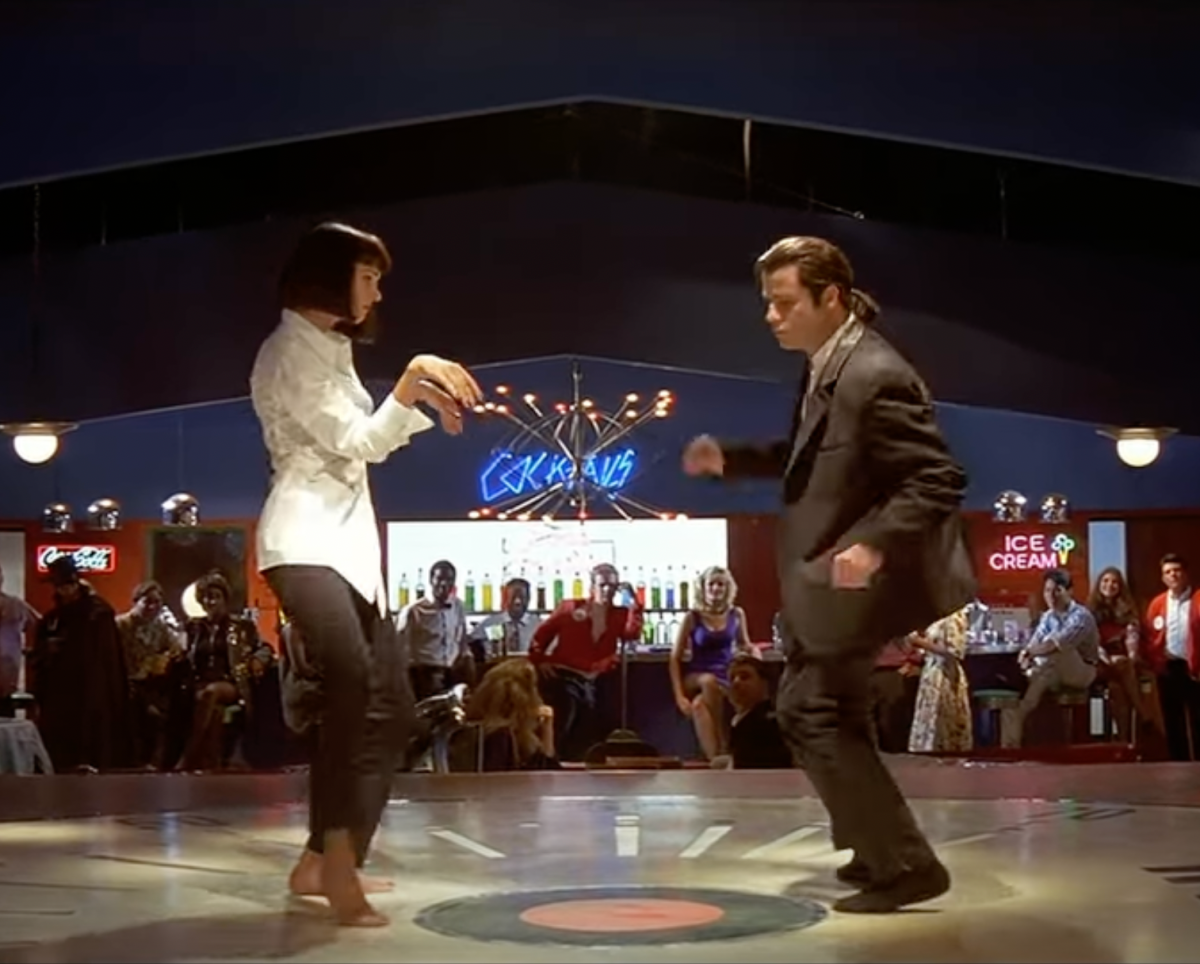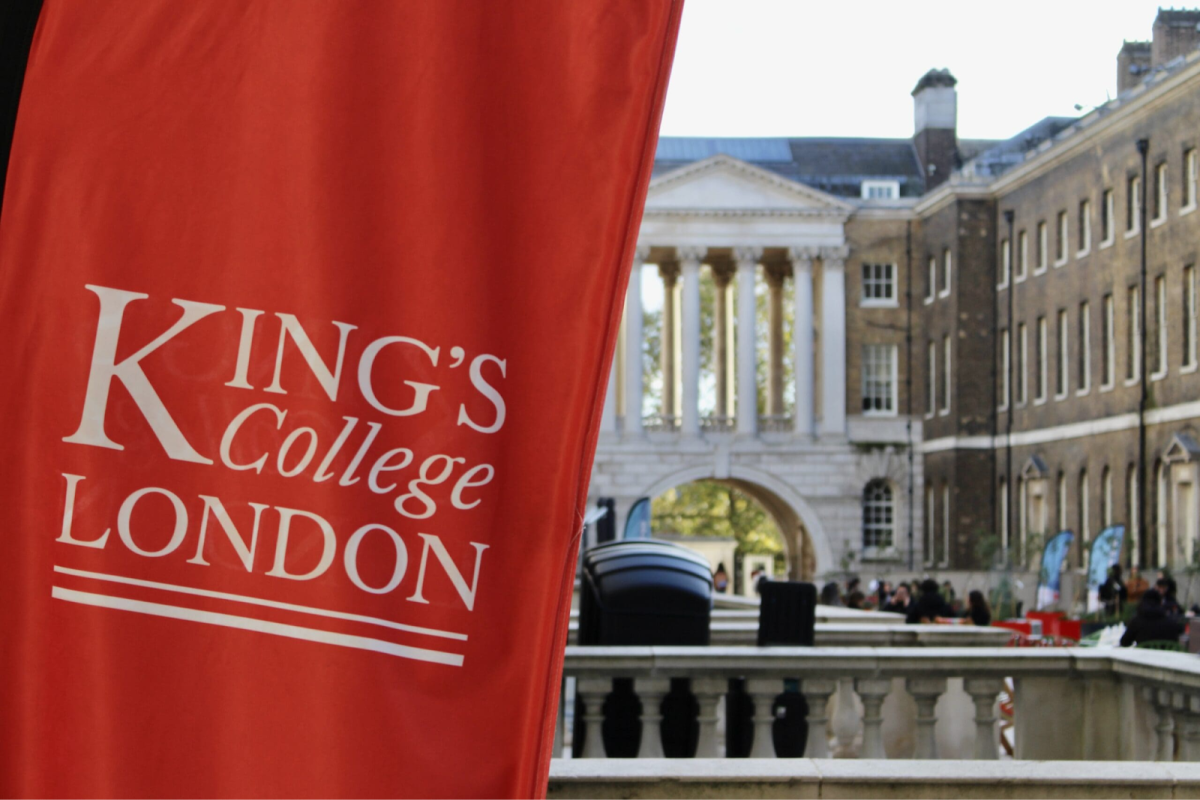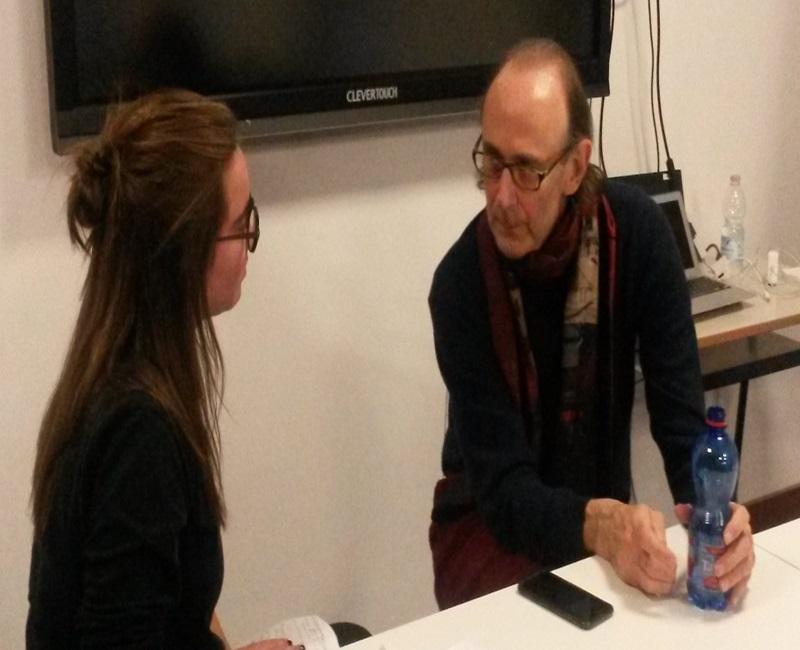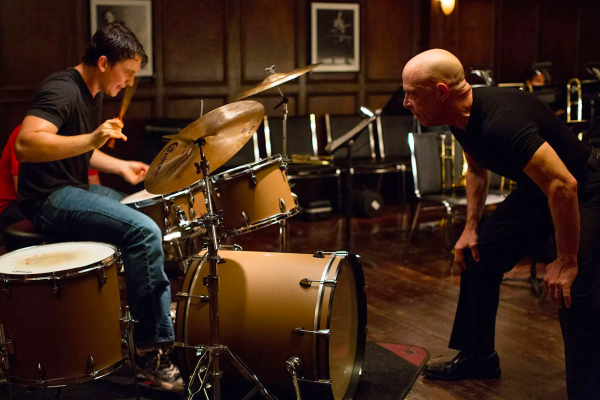Renowned Psychologist Oliver James delivers lecture to High School Students
Oliver James, a British psychologist delivered a lecture at High School about the meaning of beauty where he explored the concepts of ‘Beautiful versus Attractive, Art versus Marketing and Truth versus Appearance’. At the end of the talk, I have had the chance to interview him, and ask him further questions.
How did you initially get into psychology?
Both my parents were psychoanalysts so, the discussion around our dining room table was continuously about ‘Why is such and such child’s so screwed up? And the parents what are they doing to their children?’ Also my parents were outraged by the way society was run, they believed like I am just being programmed by my parents basically. Because they were obsessed with if society could change then parenting would be and everything would be all right. And that’s pretty much my view and that’s what I spent the majority of my life writing about.
What does it take, and what does it mean to be a psychologist and to work in this context?
You know, in the UK and in America, academic subjects and psychologists are basically, the most extraordinary waste of resources. They study questions that are of no interest to anyone apart from them, they do experiments that are utterly meaningless and a huge amount of resources are wasted on this nonsense. In Italy I have no idea, what the psychologist is, but in the UK, strictly speaking a psychologist is somebody who is probably somebody who is completely and utterly a waste of time studying things that don’t matter and would be completely of zero value with the average young person.
How did you come upon the word affluenza*?
I am not nearly clever enough to have invented that word, it had already appeared in an IBS documentary of that title and a book that went with it in America that was written in 1995. But their definition was rather different from how I’ve defined it. So I felt it was legitimate to use it, because I was essentially using the literature by Tim Carter and other people on materialism as my scientific foundation, whereas the other people were talking about the other people.
Do you find that physical attractiveness comes before the intellectual attractiveness?
There’s quite good evidence that men, you know, surprise surprise, are very very concerned with the first instance, with physical appearance and sadly, all to often are still concerned with it in the second and third instance. Whereas women, famously regard how a man looks as, I think it comes as something as 3rd or 4th in their list. When thinking of a man, they will first of all say their sense of humor very often, and they will say somebody who is a decent human being, and things like that, they will talk about traits like that before getting around to their physical appearance.
How much pressure and value do you think we put on beauty and appearance in today’s society in 2015?
Well, in the developed world, it’s a strange thing. I mean apart from, Scandinavia where they have a very different attitude, than in the rest of the developed world, feminism, you would have thought that with having had at least 40 years of full throttle of feminism going on, that by now, physical appearance would have been far less. On the contrary, various things such as modern technology, exposure to masses of films and television, they have made young women much more preoccupied about their appearance, much more than they could have ever been, which is quite bizarre.
You have talked about films and commercials, why do you find we get so easily affected by them?
I don’t think there is much of an influence in one commercial, it is the cumulative theft of the women that they use in the commercials, the shapes and their faces so they use only models and there’s a cumulative effect of seeing hundreds every day, even in Italy. It would be worse if you were in London. Even living in Italy, you are exposed to subliminal and enormous numbers of pictures of very slender, beautiful looking women, that are very physically desirable, in the classical, stereotypical sense. That has a cumulative effect of making you either feel, like in most cases, ‘God I will never look as good as that, I better work harder’. I think that there are many attractive women, and even they think that there is something wrong like ‘Oh! I can’t stand my knee caps’ or they always find something, even though they look fantastic to any neutral observer. It’s cumulative, gradual, of image, after image, after image, after image. That has this effect.
You have placed a lot of emphasis on females, but don’t you think boys have the same inner conflicts about self image and place in the society, just as much as girls?
There has been this gradual increase, in the negativity of body image in boys, especially in America, more than in Eastern Europe, but it’s not anything like what happens to girls. I think that boys are more easily satisfied with what they’ve got than girls. They are more concerned in trying to find ways in raising their status within the hierarchy. If they can find a way where they can look very attractive to go out with girls, this instantly changes their value to other girls, because girls are hugely attached to their status. If a relatively unattractive boy can use humor or some other skill, instead of drugs or money. Having ways of ‘hooking in’ attractive girls that change his value, the value of his currency if you like.
Do you think there is a specific reason for this differentiation?
Well, this is of course a great debate, it is said that there is something that is called evolution psychology that says that back in the primordial swamp, millions of years ago, when the human species were cave men and physical strength was important in saving us from tigers, woman was looking for a strong man to protect her, whilst a man was looking for someone who was good in terms of reproduction and in terms of having children. This is the argument, I think that this was once true and it still might have some truth in it, but I find that what there has always been is the factor of comparison in between people.
My last question regards your six aspects of mental health. How would you judge them, and because you have previously said that you cannot find all aspects in one person, usually how many are there?
I think that some people will have one of those characteristics. But on the whole I think that it’s a ‘all or nothing’ kind of thing. There are people who can be, for example playful, but not living in the present but I think, really, funnily enough I expect that most emotion felt is found in uneducated people. I think education, and nobody dares to say this, but because people like me and you as a student spend so much time thinking and conceptualizing and it is not very good for us.
Time with Mr. Oliver James flew. All of the audience remained positively impressed. He made himself available for discussion and questions, making him a positive figure to interact with. I thank him for flying in from the UK especially for us, and thank the school for giving us the opportunity to meet him.
* James’ book Affluenza was published in 2008.





